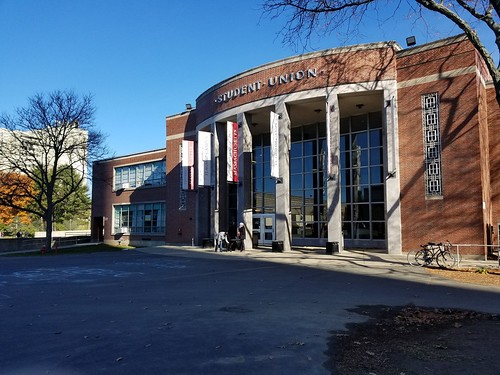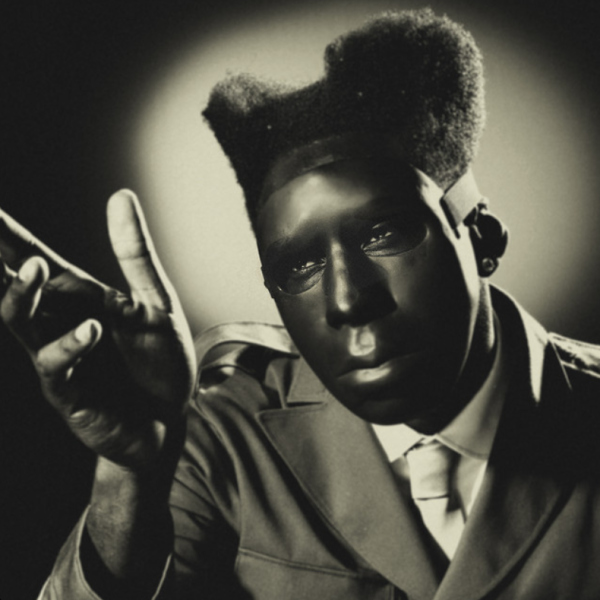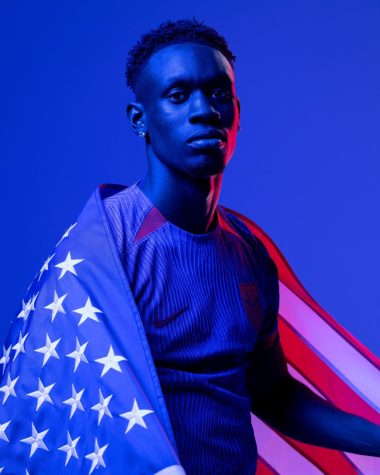Reflections: Women-led discussion

On September 22, I attended a ‘Women Led Discussion’ on sexual assault, hosted in a room inside UMass’ Student Union. The meeting had been moved inside due to rain, and I sat in a large circle with what I estimated to be over 100 students, as well as various members of different media outlets.
The meeting got off to a tense start when multiple students expressed discomfort at the large TV news camera pointed in the direction of the circle, which belonged to a prominent news outlet in the area. The person operating the camera claimed he had the approval of the school to record the meeting, however this did not include the students who had actually organized the meeting. Due to the intensely personal nature of the stories being shared in this meeting, he was asked not to record camera footage of the meeting, and ultimately obliged and left the room.
After this brief delay, I surveyed the room and noticed a very clear absence of male-identifying people. Of the over 100 people in the room that day, I speculated that less than ten were men.
As I write this, I am in my senior year at UMass, but that day I thought back to my freshman year, when I covered a discussion for Amherst Wire by former UMass student Jackson Katz, who founded the Mentors in Violence Prevention (MVP) Program. The program focuses on gender violence prevention and leadership training. Katz attended UMass in the early 80s, and he recalled attending a protest where women were demanding better lighting on campus, and he was frustrated by the virtual lack of males at the protest.
One thing Katz said that night in the Old Chapel that stuck out to my eighteen-year-old self was that, as men are the overwhelming perpetrators of sexual assaults, the issue is inherently a “men’s issue.”
Sexual assault can impact everyone, including femme, trans, and GNC identifying people, which is why it’s so important that conversations related to it are participated in by all.
And though it was incredibly challenging to sit in that room that day, listening to people tell harrowing stories of their experiences, it’s also a privilege to not pay attention to things just because they’re uncomfortable or hard to hear. These conversations must happen, and they must include men, otherwise the calls for justice from survivors will continue to fall on deaf ears.
What surprised me the most was the complete lack of sympathy and any semblance of a response when people recalled their experiences in reporting assaults. One person said that when they described someone’s repeated predatory behavior to an RA, they were not helped whatsoever, and were told that the RA hoped “you don’t get raped.”
“We’re screaming to be heard and no one is listening,” said someone in the discussion.
UMPD’s website contains 49 documented cases of rape in the years 2018-2020, but in that room of around 100 people, I estimated that every second or third person speaking described themselves as a survivor of sexual assault. That suggests a much larger amount of people in the campus community have been victims than the police numbers indicate. The reason for this, according to what I heard in the discussion, is because survivors are routinely and repeatedly disbelieved and re-victimized in the process of reporting their assaults.
In my personal experience, I believe that men are largely unaware of the sheer frequency of sexual assaults, in addition to the complete lack of response when there is an attempt to report them. Again, the Jackson Katz discussion comes to mind. One study he conducted asked men and women what actions they take on a daily basis to avoid being sexually assaulted. The women surveyed had a large variety of responses, including “only go out in groups,” and “hold my keys as a potential weapon.” The male respondents did not utilize any strategy because they “don’t think about [being assaulted].”
Perhaps the most impactful period of the conversation was when one person used an analogy to describe their relationship with men as a result of sexual assault. If someone were to hand you a box of cookies, the analogy goes, and told you that some of them were poisoned but others were perfectly fine, the rational response would be to pass on the cookies altogether to avoid being poisoned. You wouldn’t just pick one out and assume that it’s one of the good ones, which the speaker compared to common responses about how ‘not all men’ are perpetrators of assaults.
The discussion illuminated to me the keen sense of frustration on the part of the students at the university’s lackluster and reactionary responses to recent transgressions of racism and sexual assault on campus.
It seems many in the campus community would like to see the university not treat incidents as outliers, variations from the norm, and instead recognize that they are part of an unacceptable culture on campus that must be actively re-shaped.











